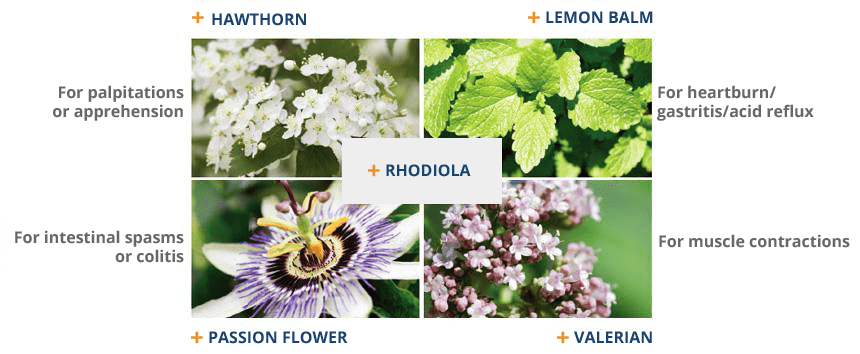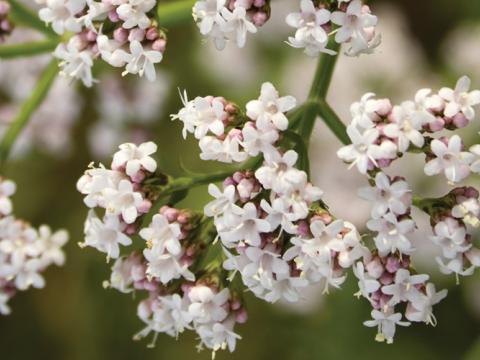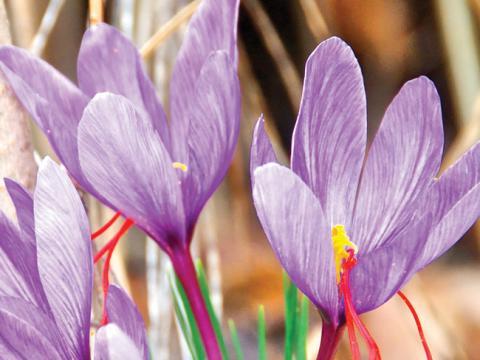Plants offer a valuable non-medicinal approach that can help you fall asleep. Some plants have anxiolytic (anxiety reducing) and sedative properties, whereas others may suppress an excessive rise in the stress hormone, cortisol. Other plants relieve somatic symptoms that can affect sleep quality such as muscle contractions or heartburn indigestion.
This article reviews some of the plants which can become an insomniac’s best friend!
Valerian
Valerian offers anxiolytic and sedative properties. The roots of the plants are used in phytotherapy; making it easier to fall asleep and improving sleep quality.
Valerian has the following properties:
- Sedative
- Relaxant
- Calming
- Anticonvulsant
- Antispasmodic
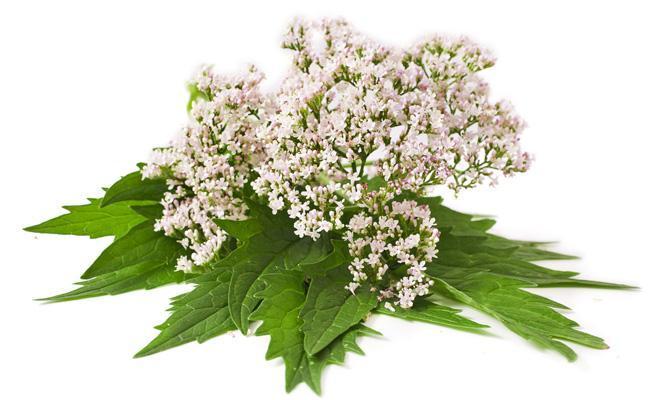
Eschscholtzia
Eschscholtzia, also known as California poppy, is the ultimate sleep-promoting plant. In phytotherapy, it is primarily the flowering aerial parts of the plant which are used.
Eschscholtzia has the following properties:
- Sedative
- Hypnotic
- Anxiolytic
- Relaxant
- Antispasmodic
- Analgesic
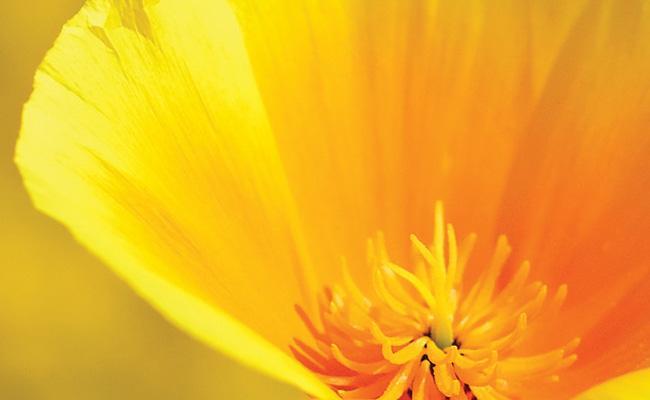
Hawthorn
Hawthorn grows throughout Europe and is used to treat sleeping problems due to its impact on heart muscle. The combination of hawthorn and rhodiola is recommended to people with heart palpitations that are disturbing the quality of their sleep.
The active ingredients responsible for its various properties are found in the plant’s flowers:
- Hypotensive (lowers blood pressure)
- Regulation of heart rhythm
- Calming, anti-stress
- Sedative for the central nervous system
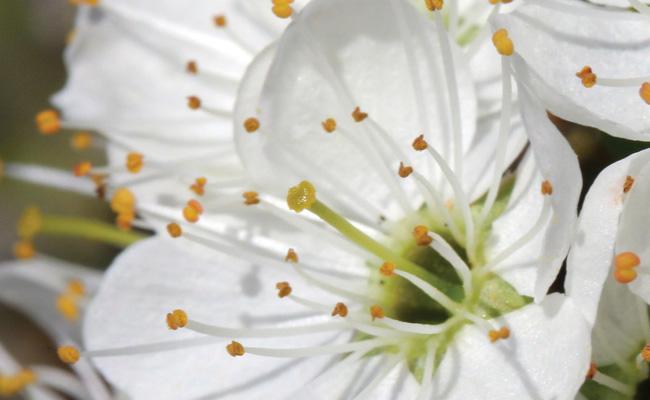
Lemon balm
It is the calming properties of lemon balm which make it attractive for anyone with sleeping problems. The plant helps to reduce the effects of stress and also relieves digestive disorders which may have a somatic cause. The leaves of the plants provide the beneficial properties:
- Antispasmodic
- Neurosedative
- Tranquilliser, calming, relaxant
- Anti-inflammatory effects on the digestive and bronchial mucous membranes
- Antiviral, antimicrobial and antiparasitic
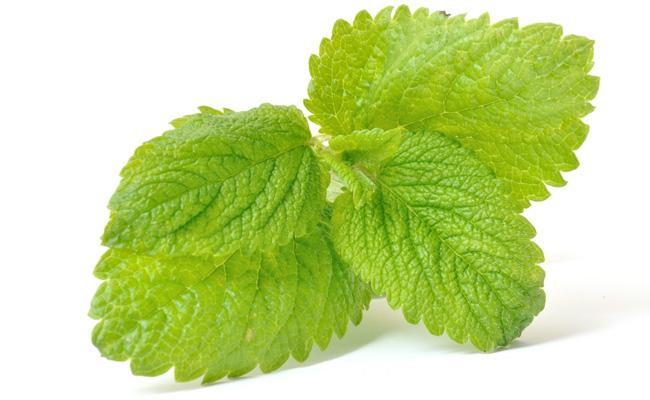
Passion flower
Passion flower is an effective sedative and antispasmodic used to treat sleeping problems as well as anxiety and stress. Its properties are obtained from its aerial parts in phytotherapy:
- Sedative
- Anxiolytic
- Tranquilliser
- Anticonvulsant
- Muscular antispasmodic
- Analgesic
- Cardiac sedative
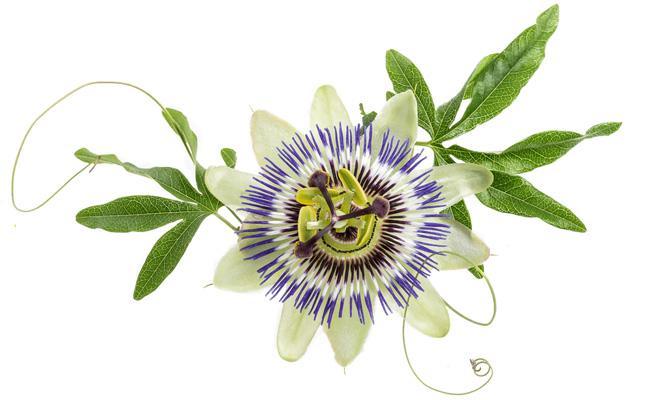
Rhodiola
Rhodiola is known for its ability to improve physical and mental performance and to reduce fatigue. It is particularly well suited to people with high anxiety levels, since it allows them to control an excessive rise in levels of cortisol (the stress hormone), the effect of which is to reduce anxiety over the course of the day.
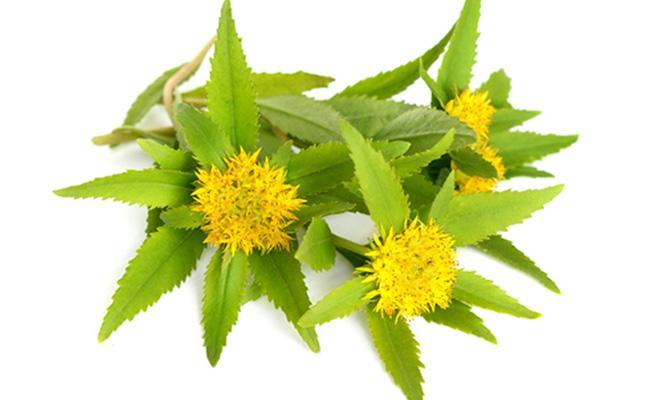
How to use plants to sleep better?
Rhodiola can be combined with another plant to provide bespoke solutions for individual requirements:
